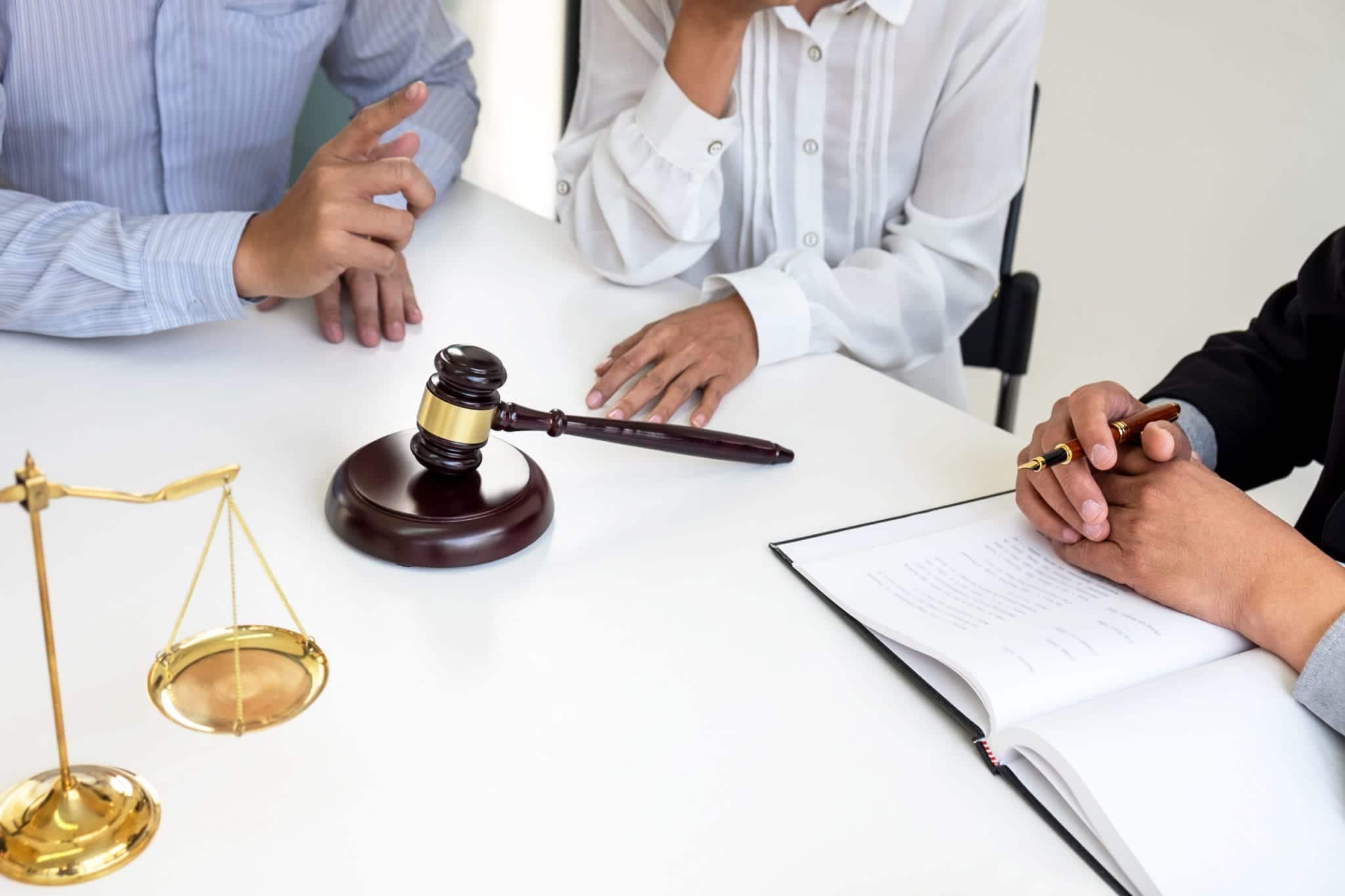
Coronavirus (also known as COVID-19), is a concern for everybody right now. That’s why when a 23-year-old Woodville man falsely posted on social media that he had tested positive for the virus, it was taken very seriously.
How seriously? Ultimately, he was charged with a misdemeanor for making a “False Alarm/False Report.” This Class A misdemeanor isn’t simply a slap on the wrist.
The response by law enforcement should highlight to others how serious making a false report is – especially in the middle of a pandemic. It doesn’t matter where you make it or what the false report is, it’s serious business.
So what are the laws surrounding false reporting in Texas? Here’s what you need to know so you don’t inadvertently find yourself in the same position.
What Does Texas Consider a False Report?
In the state of Texas, if you knowingly communicate or circulate a report about a situation that you knew was false, then you can be arrested for a false alarm or report.
These false reports can be about past, present, or future issues related to an emergency, bombing, fire, or other public safety concerns.
These are classified under Texas Penal Code Title 9 “Offenses Against Public Order and Decency,” Chapter 42 “Disorderly Conduct and Related Offenses.”
What Classifies as an “Emergency”
Contrary to what you might believe, these false reports do not need to interfere with any sort of criminal investigation to get you in trouble. Certainly, they can interfere with an investigation but usually, an emergency must fall under one of these categories:
- Cause action by paid or volunteer police and first responders
- Put an individual in fear of serious bodily injury or harm
- Interrupt or prevent the occupation of a public place, building, transportation, or place of assembly
Is a False Report a Misdemeanor or Felony in Texas?
If you attempt to falsely report something that can put others in danger or take up the time of police and other first responders, then you can be charged with a misdemeanor or felony. It differs based on the emergency you falsely reported.
When False Reporting is a Misdemeanor
Generally, it’s a Class A misdemeanor when a public place such as a school is involved in the false report. If convicted, punishment can include:
- $4,000 fine
- Up to one year in jail
- Both a fine and jail time
When False Reporting is a Felony
It’s usually considered a felony when the emergency involves:
- Schools, both primary and secondary
- Public or private college or university
- Public gas, power supply, or water
If convicted of a felony, then the punishment can involve:
- $10,000 fine
- Six months to two years in jail
- Both a fine and jail time
What Texans Should Do If They are Charged?
Though it may seem harmless to report on social media that you have coronavirus in the middle of a pandemic, the law takes your posts seriously.
These crimes, if charged as misdemeanors, may seem as if they carry minor penalties, but it’s important to remember that a criminal conviction of any kind can have a lasting impact on future employment and other areas of life.

If you’re charged with a false reporting crime, it’s essential to seek legal representation from a Texas criminal attorney who knows the ins and outs of false reports laws in our state.
Make sure you always consult with a knowledgeable lawyer to help you protect your rights and prepare you for what to expect. You do not want to be caught off guard when it matters most.
About the Author:
Brandon Fulgham has an in-depth understanding of both Texas law and Texans themselves. Before practicing law here, he received his undergraduate degree from TCU and his law degree from South Texas College of Law in Houston. After graduation, he worked in District Attorneys’ offices as a prosecutor, building cases designed to put people behind bars. Now, he uses that knowledge to protect the rights of people in and around Fort Worth, making sure they receive the strongest possible defense when they find themselves on the wrong side of the law. He has been recognized for his work by The National Trial Lawyers, Fort Worth Magazine, and others.